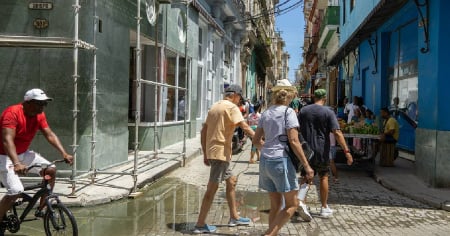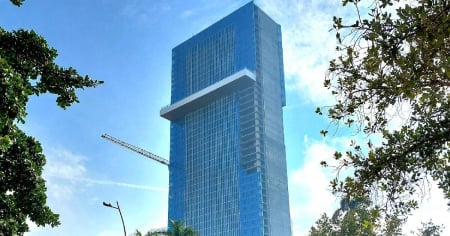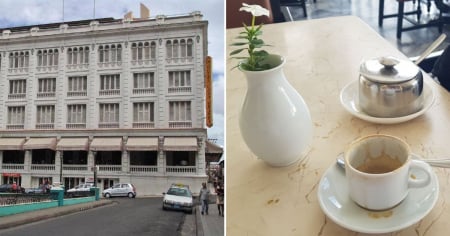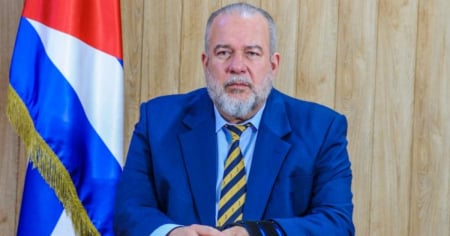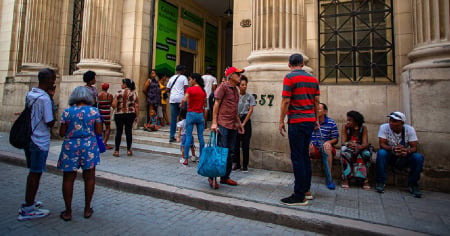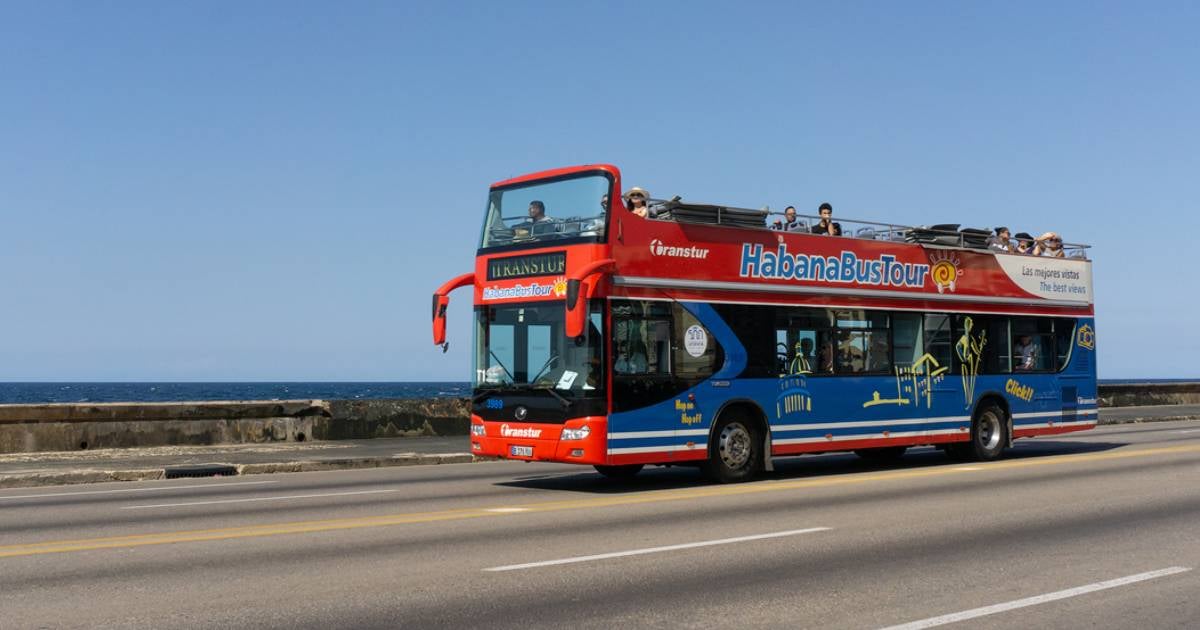
Related videos:
An employee of the Russian oil company Rosneft, which operates in the autonomous district of Khanty-Mansi (KHMAD), shared his experience after a vacation in Cuba provided by his company.
At certain intervals, Rosneft employees are entitled to an almost free trip to the island, where they only need to reimburse 13% in taxes on the cost of their stay.
In an interview with the Russian media outlet 86.RU, the Russian, who preferred to remain anonymous, shared his impressions of the "Caribbean paradise" and the complexities of daily life in the country.
Contrast between tourists and locals
The employee described Cuba as a "tropical Soviet Union," referring to the presence of vintage vehicles, rationed products, and a lifestyle characterized by scarcity. According to him, while tourists enjoy an abundance of food and luxuries like seafood and cheeses, these are out of reach for the local population.
"In restaurants, there is everything: lobsters, seafood, delicious cheeses. But for Cubans, this is not accessible. Stores for tourists are well-stocked, but in local supermarkets, the shelves are often nearly empty. There is often only one product available, and people have to wait for hours in long lines to buy what they need," he reported.
The average salary of Cubans is just a few dozen dollars a month, while essential products like a pack of diapers can cost up to 45 dollars. Additionally, taking photos in supermarkets is prohibited, reflecting the level of control over international perception.
A bittersweet experience
Although he enjoyed nature and the tourist experience, the Russian worker was struck by the living conditions in Cuba. "It's a beautiful country to visit, but very difficult to live in. Cubans are a cheerful and hospitable people, but their biggest wish seems to be to leave the island," he concluded.
Nonetheless, the Russian was impressed by the island's biodiversity, including more than 400 bird species and local wildlife such as crocodiles, along with the beauty of the beaches and coral reefs. He also highlighted the warmth and hospitality of the Cubans, a characteristic he found surprising given the many challenges they face.
"The sea is incredibly clear, the corals are a sight to behold, and you can feed the fish while you swim. The diversity of animals and birds in the national parks is impressive. However, what struck me the most was the contrast between the lives of the locals and the experience of the tourists," he noted.
Undoubtedly, their account reveals the profound inequalities and challenges that Cubans confront in their daily lives, while visitors enjoy a completely different reality.
Vacation on the island
In March, the first of seven scheduled flights for 2024 arrived on the island, bringing workers from the Russian oil company Rosneft who are coming to vacation and undergo medical checks. The flight landed this Saturday at the "Juan Gualberto Gómez" International Airport in the resort town of Varadero.
A report from the tourism site Excelencias Cuba indicated that since this type of cooperation was implemented 14 years ago, “Havanatur has taken on the responsibility of meeting the expectations of the oil company. Its activities are aimed at improving living and health standards in natural settings.”
Frequently Asked Questions about the Situation in Cuba and Its Impact on Tourism
How does the product shortage in Cuba affect tourists?
The shortage of products in Cuba impacts tourists by limiting the availability of food and other basic items, even in resorts and hotels. Visitors should consider bringing essential items in their luggage, as they may not find them on the island.
What accounts for the stark difference between the lives of tourists and Cubans in Cuba?
The difference in the lives of tourists and locals in Cuba is due to differentiated supply and consumption policies. While tourists have access to luxury products and abundant meals in tourist areas, Cubans face a chronic shortage of basic goods and must contend with long queues and high prices to obtain food and other essential items.
What are the main criticisms of the Cuban regime in the current context?
Criticism of the Cuban regime focuses on its ineffective management of the economy, the lack of freedoms, and control over international perceptions. The population faces shortages of food, medicine, and essential goods, along with repression that stifles free expression and the manifestation of public discontent.
What impact does the healthcare system crisis have on Cuban tourism?
The crisis in Cuba's healthcare system negatively impacts tourism by damaging the country's image as a safe destination. The lack of medications and adequate medical care has led to complaints from affected tourists, threatening the sustainability of this vital sector for the Cuban economy.
Filed under:

